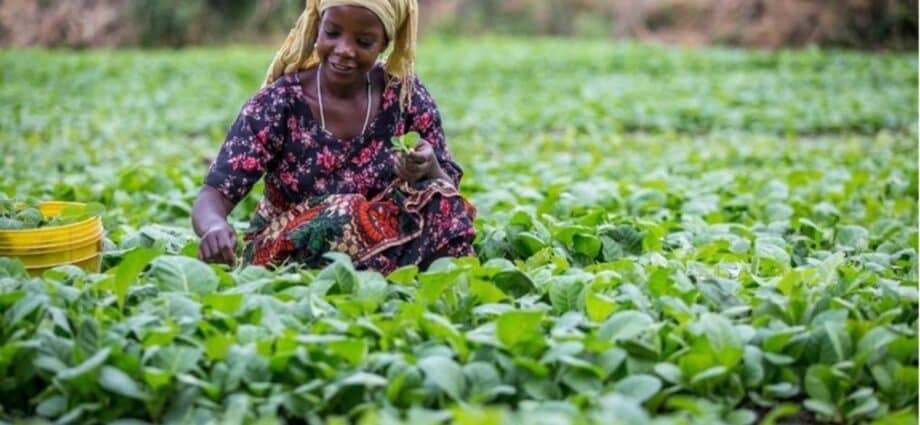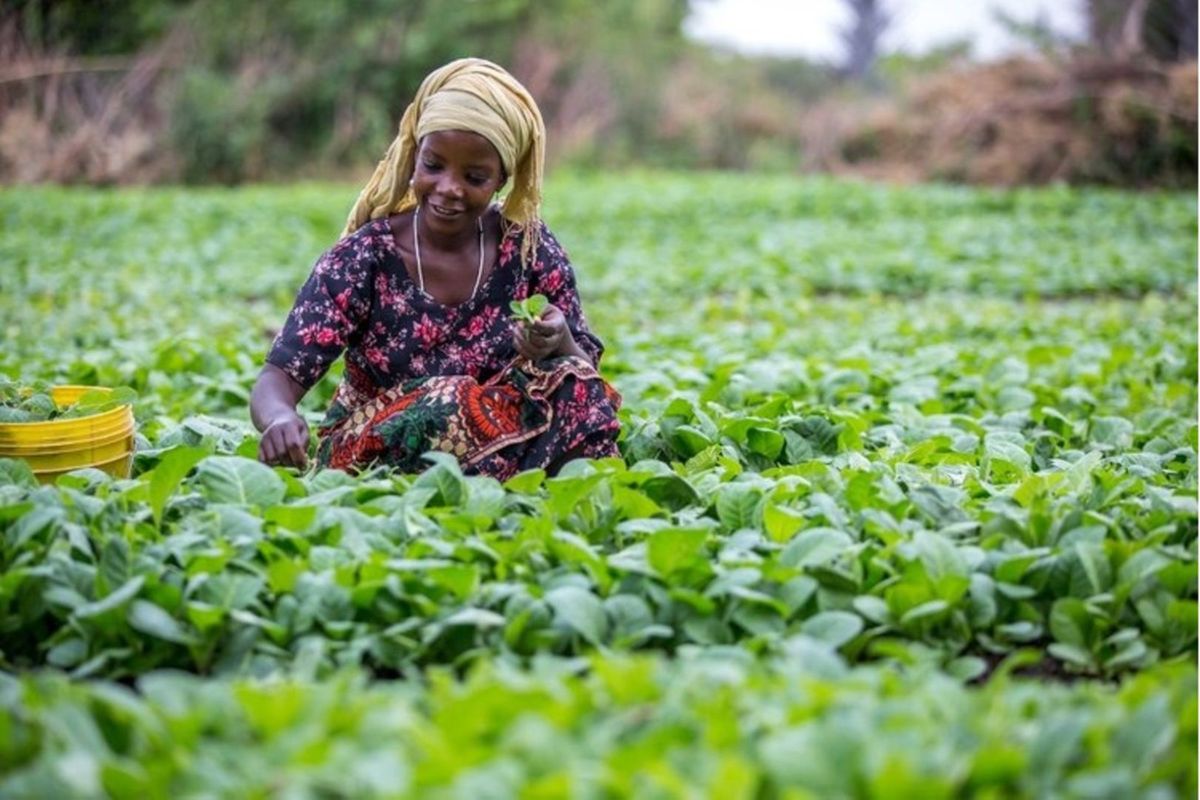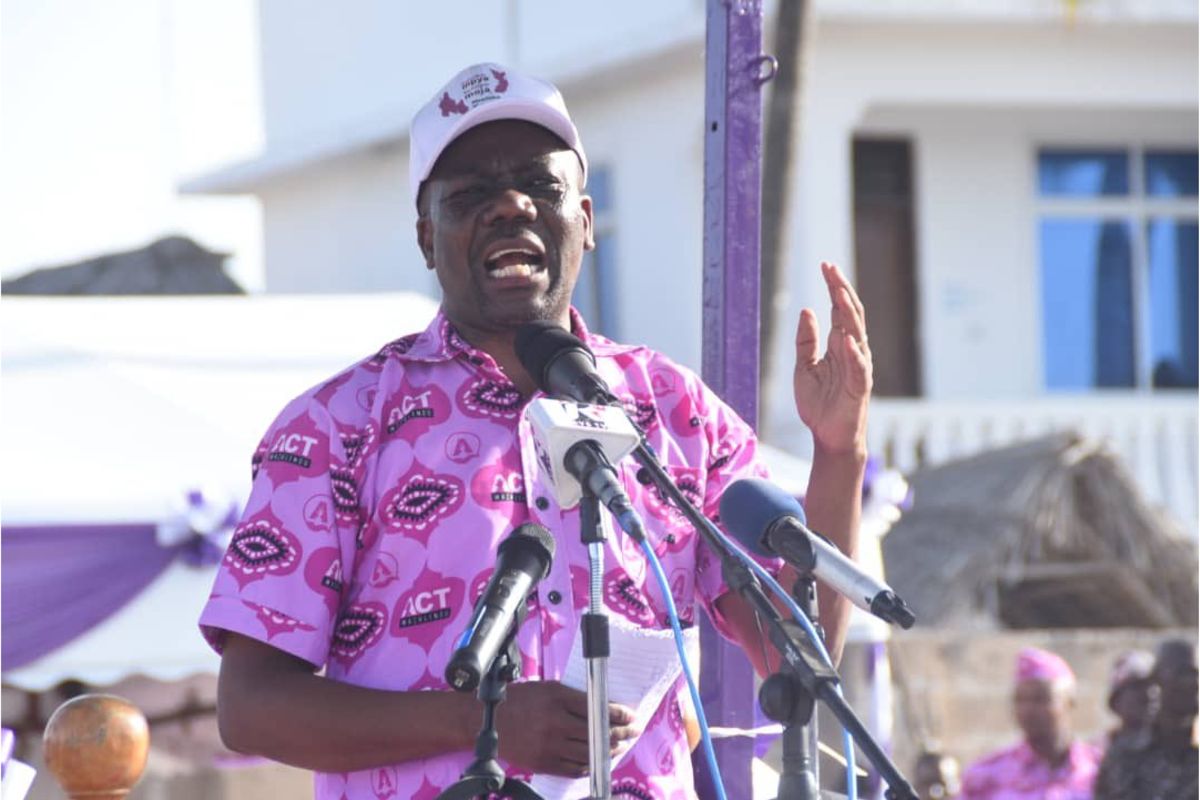Dar es Salaam. The government has clarified that Tanzania’s tobacco is traded in the US dollar to meet global demand, protect farmers against price fluctuations, and guarantee the country’s foreign currency availability.
Agriculture Deputy minister David Silinde made the clarification on Wednesday, August 28, 2024, when responding to a question from Ms Rehema Migilla, (Ulyankulu, CCM).
In her principal question, Ms Migila had wanted to know why tobacco farmers were borrowing inputs and selling their produce in the US dollar instead of the Tanzanian shilling.
Responding, Mr Silinde gave four reasons in providing inputs on credit and hence triggering adequate trading and payment to be made in the US dollar.
“Internationally, tobacco is traded in the US dollar, ranging from input procurement, incurred, and production costs to trading,” he told Parliament in a live broadcast.
“Trading the produce in the US dollar protects the farmer from possible losses that could occur due to fluctuations in the local currency and ensures the stability of his income,” he said.
He said tobacco cultivation was on a contract farming basis that managed the quality, grading, and procedures to the market, noting that the product was measured against international standards.
“This system guarantees the country a supply of US dollars and facilitates the easy management of sales revenue returning to the country,” said Mr Silinde.
He told Parliament, for instance, that in the 2022/23 season, tobacco farmers were paid $286.8 million, and the nation earned $480 million from trading 122.8 metric tonnes of tobacco abroad.
The move, he said, had made Tanzania become the second-largest country in Africa for tobacco production and export.
Asking a supplementary question, Mr Athumani Maige, (Tabora North, CCM), had wanted to know why farmers were paid in the Tanzanian shilling despite the business being conducted in the US dollar.
Responding, Mr Silinde said all transactions from buyers to cooperative unions were made in the US dollar.
“After cooperatives have deducted the amount owed by farmers, the remaining amount is converted into the Tanzanian shilling based on the exchange rates of a particular day for deposition into farmers’ accounts,” he said.
However, National Assembly Speaker Tulia Ackson reminded Parliament of the dollarization restriction issued by the government through the Finance Minister (Dr Mwigulu Nchemba) to protect the shilling’s value.
“I’m unsure if the restriction was included in the law (Finance Act 2024).
If this is included, then this would be a mistake. I mean, these answers would be mistakes for the lawmakers’ question,” said Dr Ackson, noting that if it isn’t included, they are challenged to start thinking about it.















